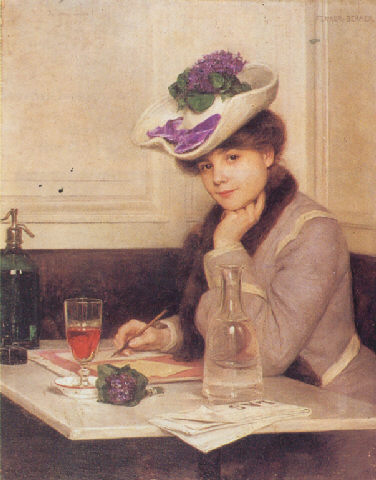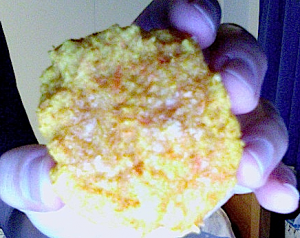That is the question.
When my first novel was published, I decided I would not respond to on-line reviews, ever. I believed bloggers should be free to say whatever they wanted about a book, and I thought they might feel inhibited if they knew the author was reading their review. Obviously, if a review of my book was negative, I would never, ever argue about it with the reviewer. That would be pathetic and rude. But if the review was positive, wouldn’t it be sycophantic and stalker-ish for me to leave gushing thanks in the comments?
This policy was easy to follow for my first book, because a) there weren’t that many book bloggers around then, and b) hardly anyone read my first book, let alone reviewed it. (Poor Rage of Sheep. She’s like the plain, nerdy girl who gets ignored in favour of her younger, prettier and more charming sister.)

So, what should I do? It would be polite to say, “Thank you very much; I am so pleased you enjoyed the book” whenever anyone posts a positive review and I get to hear about it. But if I did that, I’d have to comment on EVERY blog post that mentions my book, otherwise people would say, “How rude! She commented on X’s blog, but completely ignored my post!” And, of course, sometimes I don’t see reviews until weeks after they’ve been posted; sometimes I don’t ever find out about them.
See how it would be easier to stick with my original policy? But then, sometimes bloggers post such wonderfully insightful and/or hilarious comments about my books that I can’t help wanting to contact them, simply because they sound like the sort of people I’d like to get to know. For example, this librarian, who recently blogged about A Brief History of Montmaray:
“OMG MICHELLE COOPER HIJACKED MY TEENAGED BRAIN! A castle! Nazis! Ghosts! Crazy people! British nobility! NON-British nobility! NOT true love! Diary format! The only thing she left out was sym– wait, she DID include sympathetic socialists. THERE WERE EVEN SYMPATHETIC SOCIALISTS! Who IS this Michelle Cooper person, and HOW IS SHE DOING THIS?!”
Actually, I was laughing too much to comment in any coherent way on that particular post. And it was published last year, and I only read it today, so, kind of weird to comment now, anyway.
I know some bloggers love having authors visit their blogs. But I’m sure just as many bloggers hate the idea of an author butting in on their frank book conversations with friends. (Yes, I know if it’s on the internet, it’s out there for public scrutiny. But I still regard blogs as someone’s personal space.)
So, for the moment, I am sticking with my original policy of not responding to on-line reviews. (Of course, if people e-mail me with their thoughts on my books, I always reply, usually with gushing thanks. And the same thing goes if I meet readers in Real Life.) In the meantime, I’d like to say an enormous THANK YOU to any blogger who’s ever posted a nice comment about one of my books. It really is very encouraging and flattering and all-round awesome for an author to read that sort of thing. And to bloggers who didn’t like one of my books: I respect your right to your own opinion, thanks for giving the book a try, and sorry it didn’t turn out to be your cup of tea. (I make an exception to this for the homophobic librarian who was disgusted by A Brief History of Montmaray because it contained non-heterosexual characters. I don’t respect her opinion. Although, of course, I defend her right to publish her thoughts on her own blog, just as I defend my right to pull faces at her behind her back.)
Authors Seanan McGuire and Sarah Rees Brennan have posted sensibly and eloquently about this issue. Does anyone else have any thoughts on this?


